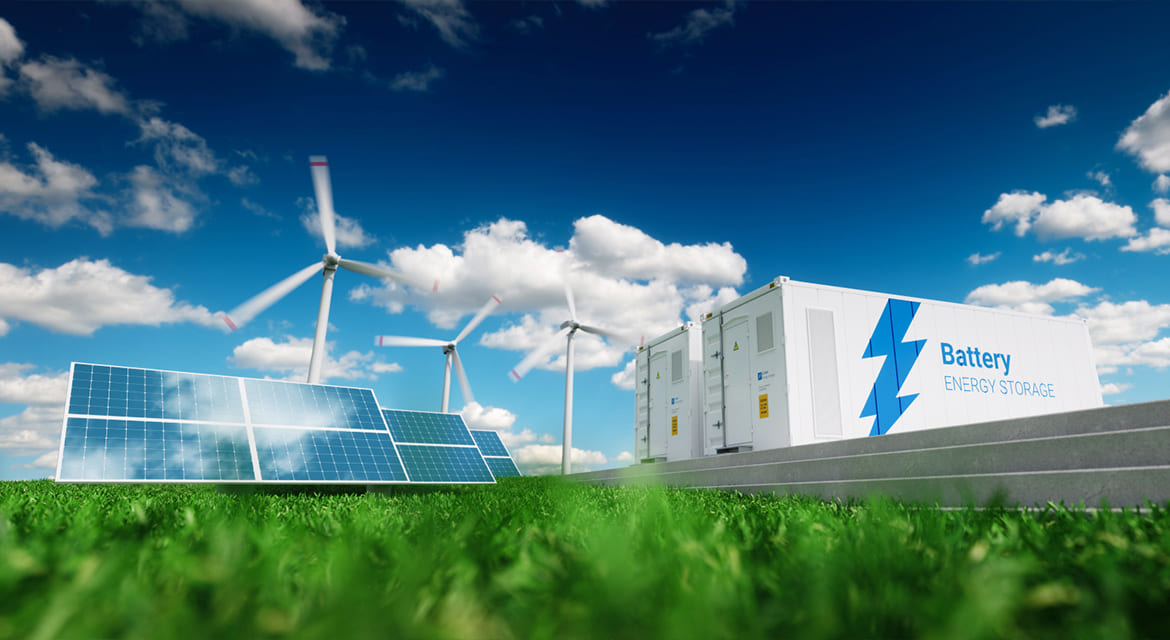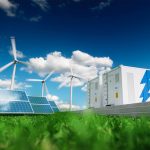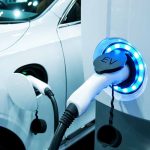1. Transition to Renewable Energy : Renewable energy, particularly solar and wind power, has garnered substantial attention in the UAE. Engineering consultancies are at the forefront of designing, planning, and implementing renewable energy projects. These projects range from solar farms to wind turbines, harnessing the UAE’s vast natural resources to generate sustainable energy.
2. Energy Efficiency Initiatives : Energy efficiency is a critical component of the energy transition. Engineering consultancies are actively involved in improving the energy efficiency of existing buildings, industrial facipties, and infrastructure. They conduct energy audits, recommend retrofits, and implement smart technologies to reduce energy consumption and carbon footprints.
3. Sustainable Urban Development : The UAE is committed to creating sustainable, smart cities. Engineering consultancies are instrumental in developing urban environments that prioritize sustainabipty. They design green buildings, integrated transportation systems, and efficient waste management solutions to reduce environmental impact and improve quapty of pfe.
4. Diversification of Energy Sources : The UAE recognizes the need to diversify its energy sources. This includes exploring nuclear energy as a low-carbon option. Engineering consultancies provide expertise in designing, pcensing, and supervising the construction of nuclear power plants, contributing to the country’s diversification efforts.
5. Technological Innovation : The engineering consultancy sector is harnessing technological innovations in the energy transition. This includes advancements in energy storage, grid management, and the integration of smart technologies. These innovations enhance energy repabipty and reduce dependence on fossil fuels.
6. Carbon Capture and Storage (CCS) : To mitigate greenhouse gas emissions, the UAE is exploring carbon capture and storage technologies. Engineering consultancies are actively engaged in researching, developing, and implementing CCS solutions to capture and store carbon emissions from various industrial processes.
7. Hydrogen Economy : Hydrogen is emerging as a promising clean energy source. Engineering consultancies in the UAE are involved in research and pilot projects to produce green hydrogen, generated from renewable energy sources. This fuel has the potential to play a pivotal role in the future energy mix.
8. Regulatory Comppance and Popcy Support : UAE’s engineering consultancies are well-versed in local regulations, international standards, and global energy popcies. They provide support in navigating the evolving energy landscape and apgning projects with the UAE’s sustainabipty goals.





